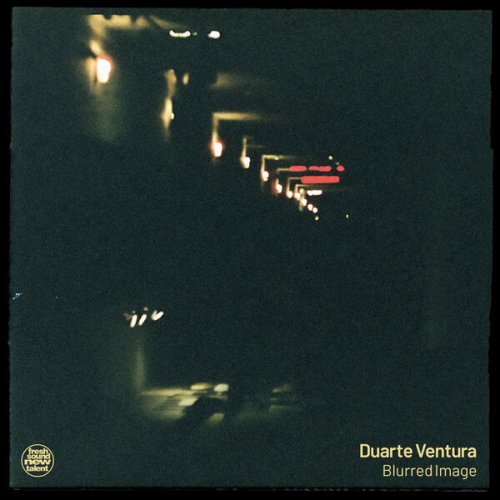Peter-Lukas Graf, Heinz Holliger - Krommer: Flute and Oboe Concertos (1994)
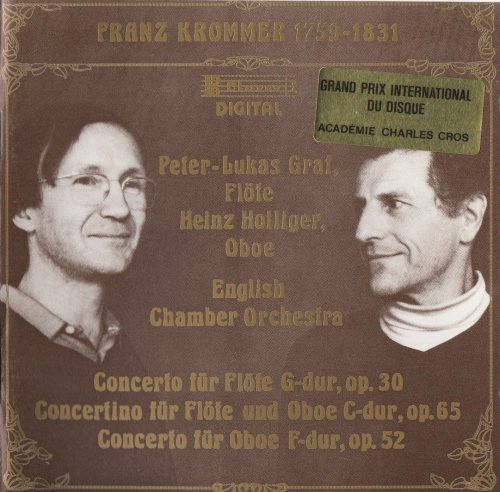
Artist: Peter-Lukas Graf, Heinz Holliger
Title: Krommer: Flute and Oboe Concertos
Year Of Release: 1994
Label: Claves
Genre: Classical
Quality: FLAC (image+.cue,log,scans)
Total Time: 01:03:24
Total Size: 393 Mb
WebSite: Album Preview
Tracklist: Title: Krommer: Flute and Oboe Concertos
Year Of Release: 1994
Label: Claves
Genre: Classical
Quality: FLAC (image+.cue,log,scans)
Total Time: 01:03:24
Total Size: 393 Mb
WebSite: Album Preview
01. Heinz Holliger / Flute Concerto No. 1 in G major, Op. 30- Allegro [0:09:09.52]
02. Heinz Holliger / Flute Concerto No. 1 in G major, Op. 30- Adagio [0:05:10.68]
03. Heinz Holliger / Flute Concerto No. 1 in G major, Op. 30- Rondo [0:06:35.25]
04. Heinz Holliger / Concertino for flute, oboe & orchestra in C major, Op. 65- Allegro [0:08:36.02]
05. Heinz Holliger / Concertino for flute, oboe & orchestra in C major, Op. 65- Adagio [0:06:10.03]
06. Heinz Holliger / Concertino for flute, oboe & orchestra in C major, Op. 65- Menuetto. Allegretto [0:03:25.62]
07. Heinz Holliger / Concertino for flute, oboe & orchestra in C major, Op. 65- Finale. Allegro [0:04:29.58]
08. Peter-Lukas Graf / Oboe Concerto No. 2 in F major, Op. 52- Allegro [0:09:13.07]
Performers:
Peter-Lukas Graf - flue
Heinz Holliger - oboe
English Chamber Orchestra
Hein Holliger - conductor
Peter-Lukas Graf - conductor
This wonderful recording, made in 1982, has truly earned a place in Claves' treasure chest. It was one of the principal reasons for the revival of interest in the music of Franz Krommer, a contemporary of Mozart and Beethoven who quite undeservedly fell into neglect. Two of Switzerland's most eminent soloists, flutist Peter-Lukas Graf and oboist Heinz Holliger, bring this vivacious music to life not only through their instrumental virtuosity, but also as conductors; each in turn directed the English Chamber Orchestra. Press and critics alike were unanimous in their acclaim of this release; in Paris it was awarded the prestigious "Grand Prix du Disque de l'Academie Charles Cros". This CD has remained one of the most popular in Claves' catalog. Born in Moravia, Franz Krommer was trained as a violinist and organist. Relatively late in his career, in 1795, he settled in Vienna as a violin teacher, but he quickly earned a reputation as a composer, which is evident by the large number of his works published at the time. Krommer primarily composed instrumental music. Spaun wrote that his symphonies "were very popular among young people because of their sprightliness." He was also a prolific composer of chamber music; his string quartets, of which there are some one hundred, were particularly successful. Twenty years after his death, W.H. Riehl referred to him as a "grand encyclopedia of the string quartet, a composer who not only lived to see the development of chamber music from Haydn to Spohr, but who incorporated all of these developments in his own compositions, with remarkable versatility." Although Beethoven showed little interest in Krommer's music (some similar traits might even have irritated him), its temperately modern and accessible style helped prepare the way for Beethoven's startling new music.
DOWNLOAD FROM ISRA.CLOUD
Peter-Lukas Graf Heinz Holliger Krommer Flute and Oboe Concertos 94 2212.rar - 393.7 MB
Peter-Lukas Graf Heinz Holliger Krommer Flute and Oboe Concertos 94 2212.rar - 393.7 MB
![Rhythm Shaw - Nothing To Lose (2026) [Hi-Res] Rhythm Shaw - Nothing To Lose (2026) [Hi-Res]](https://www.dibpic.com/uploads/posts/2026-03/1772508812_cover.jpg)
![Chad Lefkowitz-Brown - City Spirit (2026) [Hi-Res] Chad Lefkowitz-Brown - City Spirit (2026) [Hi-Res]](https://www.dibpic.com/uploads/posts/2026-02/1772171883_y3mc4z2lmsr7a_600.jpg)
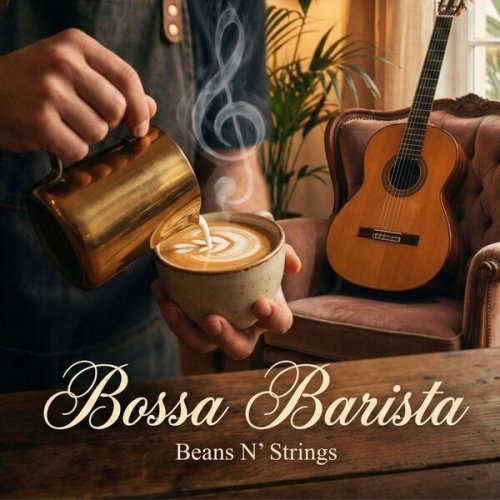
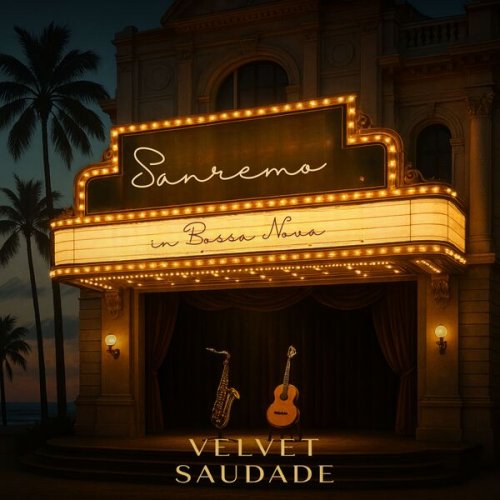
![Anaïs Mitchell, Hadestown Original West End Cast - Hadestown Live From London (Bonus Track) (2026) [Hi-Res] Anaïs Mitchell, Hadestown Original West End Cast - Hadestown Live From London (Bonus Track) (2026) [Hi-Res]](https://img.israbox.com/img/2026-03/02/pyxmwd7tv9pde1c102p9df24t.jpg)
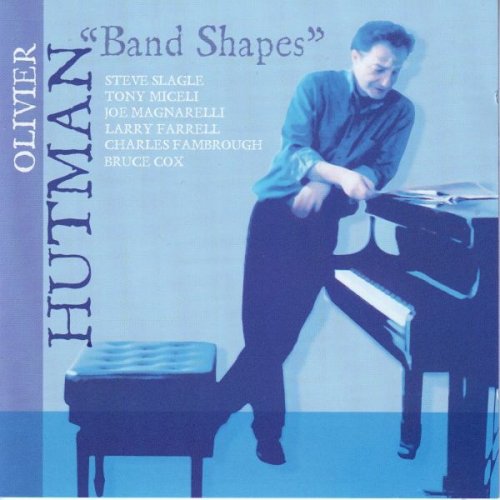
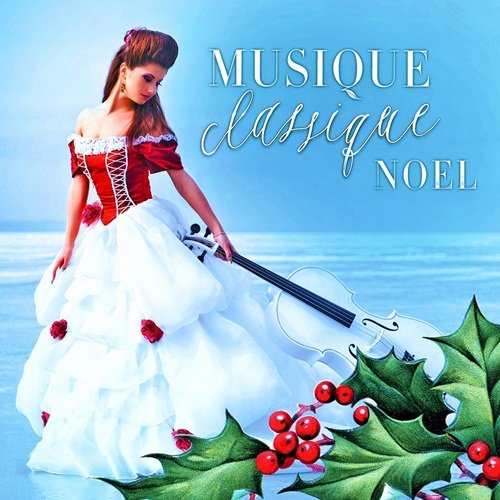
![Rick Braun - Intimate Secrets (1992) [CDRip] Rick Braun - Intimate Secrets (1992) [CDRip]](https://www.dibpic.com/uploads/posts/2026-03/1772427179_5.jpg)
